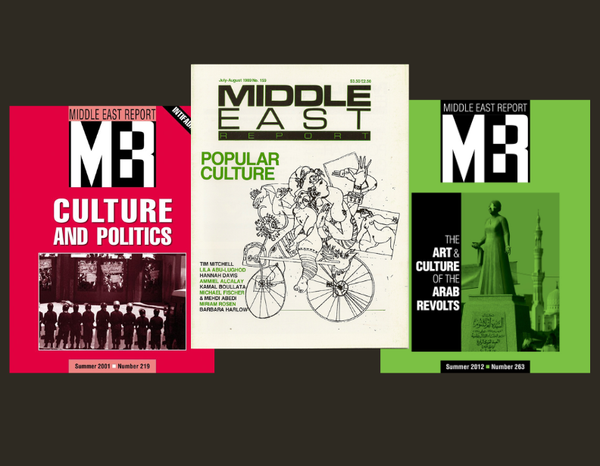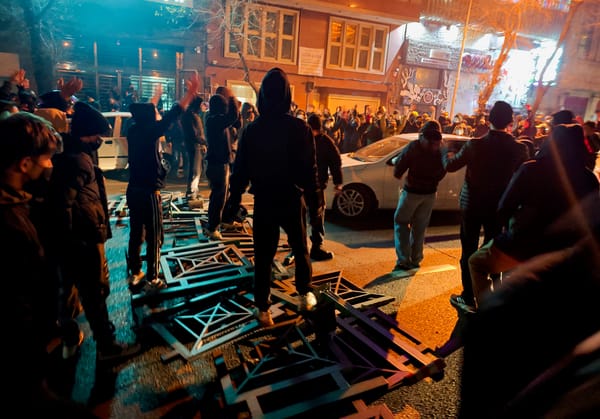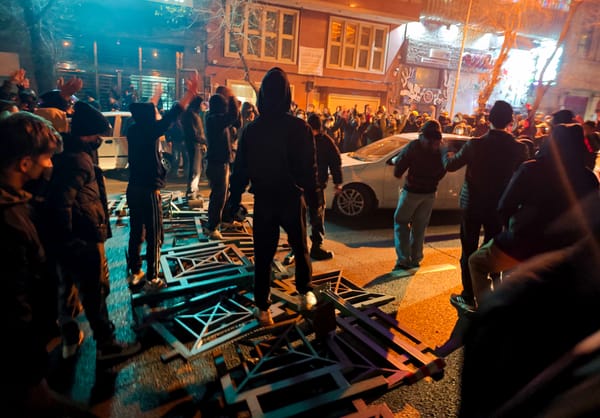Maxime Rodinson died on May 24, in Paris, at the age of 89. He was a contributing editor of this magazine from 1988 to 2000, and was honored for his pioneering work at MERIP’s fifteenth anniversary celebrations in Washington in 1986.
As a scholar, Maxime Rodinson first approached the Middle East through languages, the tool of classical Orientalism, and for many years he was professor of Old Ethiopic and South Arabian languages at the Sorbonne’s Ecole Pratique des Hautes Etudes. His prominent role as a public intellectual, though, stemmed from the Marxian and materialist scrutiny he brought to contemporary Arab and Arab-Israeli politics, as well as the history of the region. His biography of the Prophet Muhammad, entitled simply Muhammad, first appeared in 1961 and reflected the synthesis of scholarship and engagement that inspired our own project. In his foreword to a 1980 English edition of Muhammad, Rodinson described his project as “show[ing] how, at a specific historical juncture, the particular psychological makeup of a man combined with the sociological conditions of his time and place to produce a lasting historic impact on a world scale.” Islam and Capitalism (English edition, 1973) and Marxism and the Muslim World, a collection of essays that appeared in English in 1979, displayed the broad conceptual and deeply political scope of Rodinson’s concerns. His 1983 collection of essays, Cult, Ghetto and State: The Persistence of the Jewish Question (London: Saqi Books), deserves the same renown, since it demonstrates the richly provocative results of Rodinson’s materialist historical and political analysis as applied to issues of Zionism, anti-Semitism and Jewish history.
Written by
This article was published in Issue 232.









